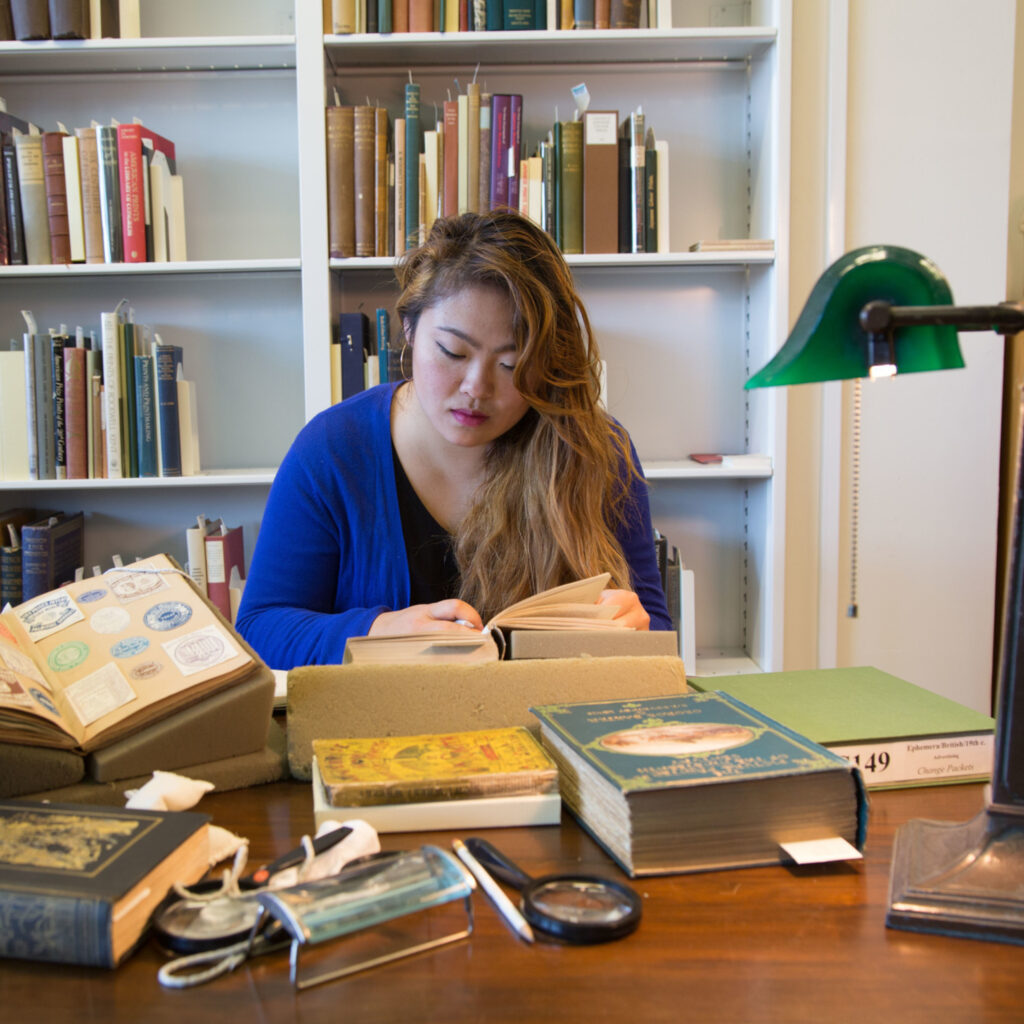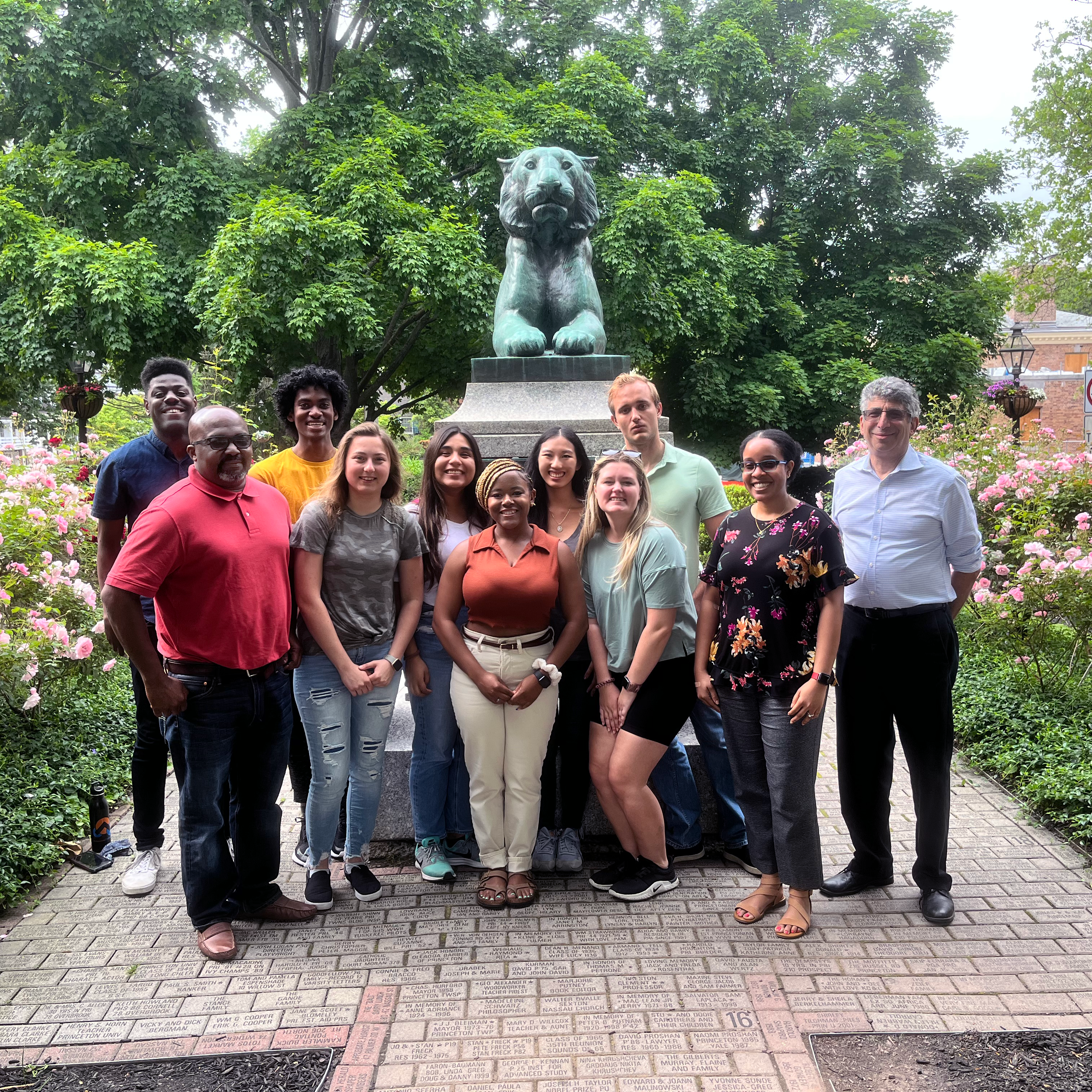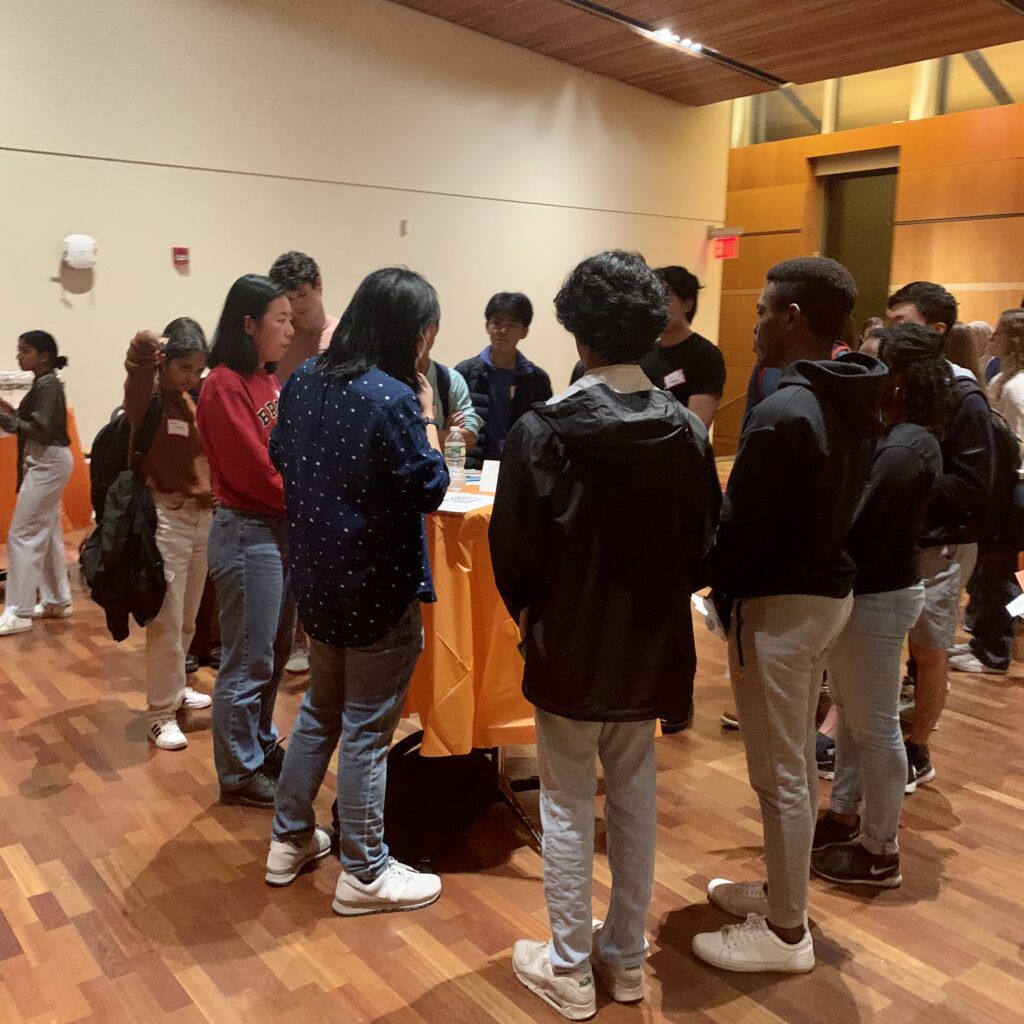
Everyone has heard of the spooky ~senior thesis~ since the second that they stepped on campus for their official Princeton tour. It may feel far away at the time, but trust me, coming from a second semester senior, it comes around quicker than you expect. I am currently in the writing process, but it has been a long journey even getting to this point. Surprisingly, though, I have loved writing my thesis. It does not feel like work because it is a topic that I am truly passionate about. My goal for my final PCUR posts is to walk you through my thesis journey to hopefully make you feel better about yours. This post will start with one of the first steps of the thesis process: finding an adviser.
Continue reading Senior Thesising 101: Choosing Your Adviser






